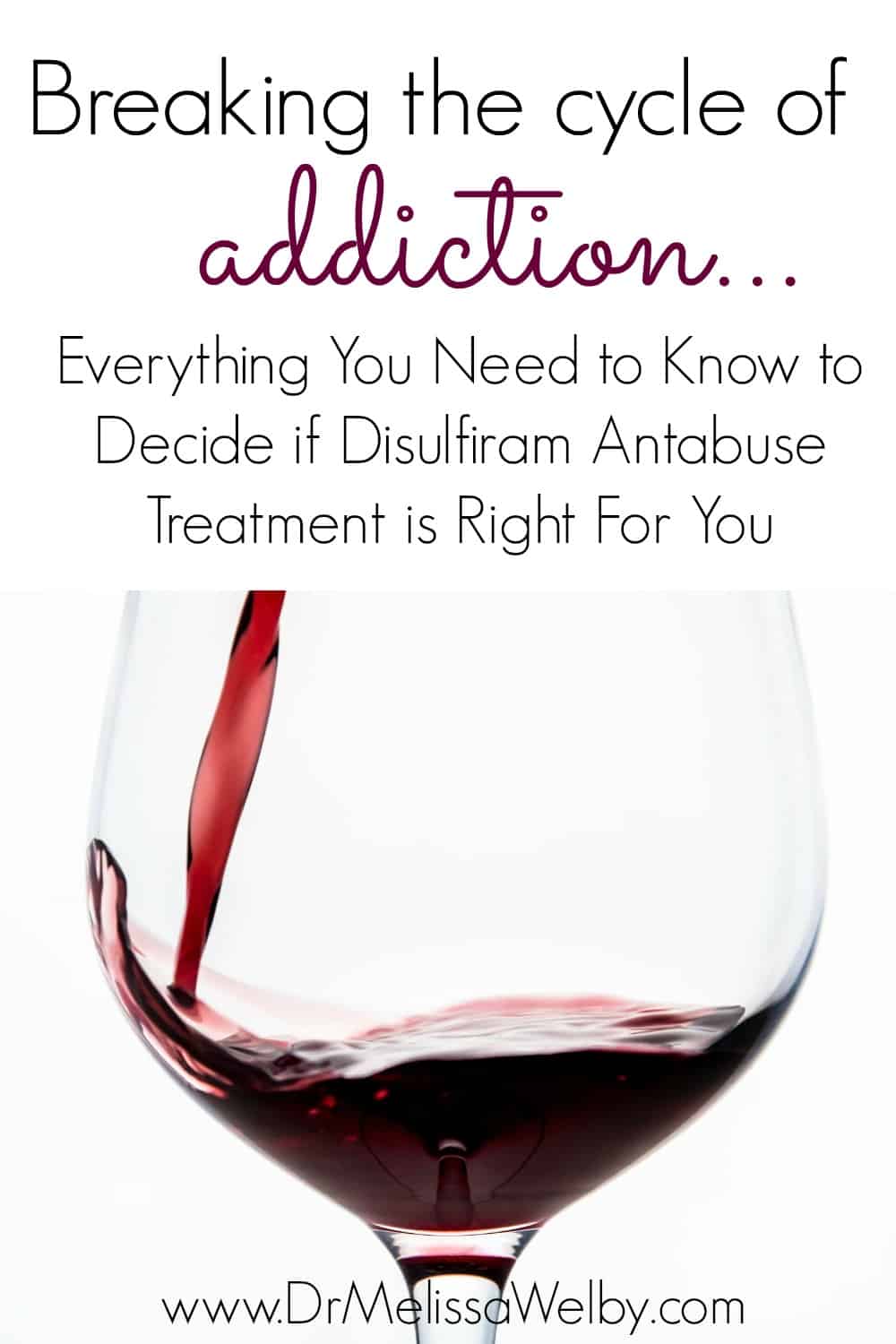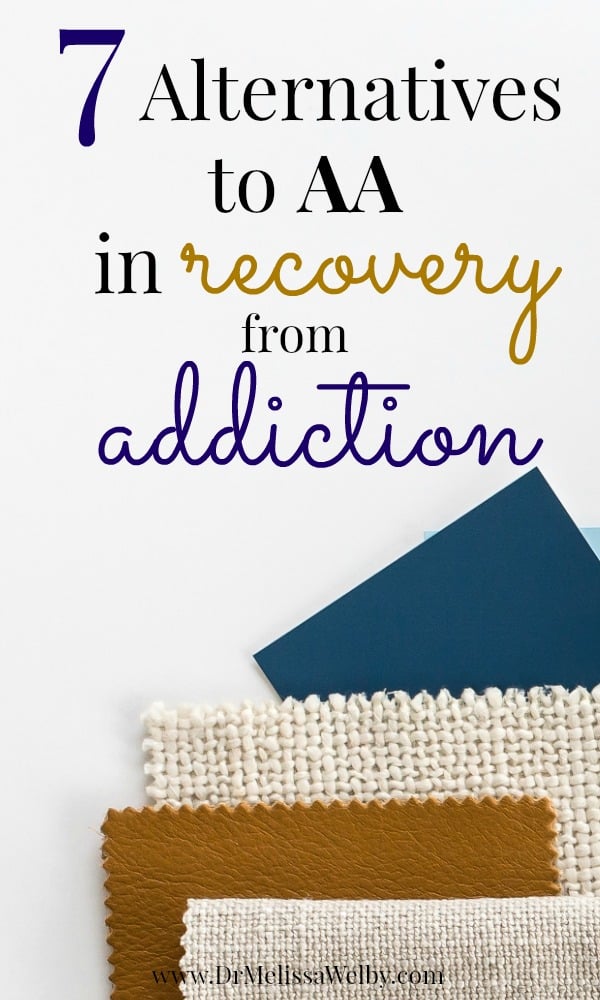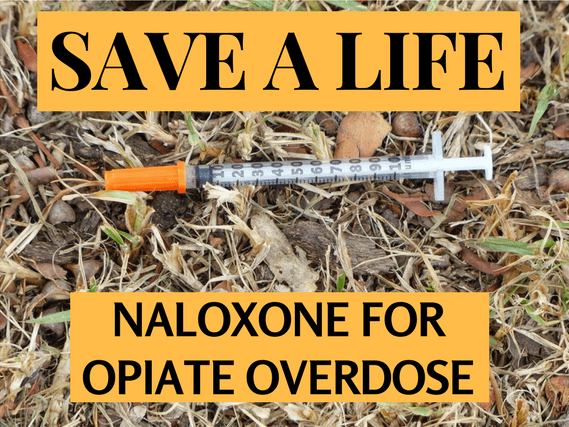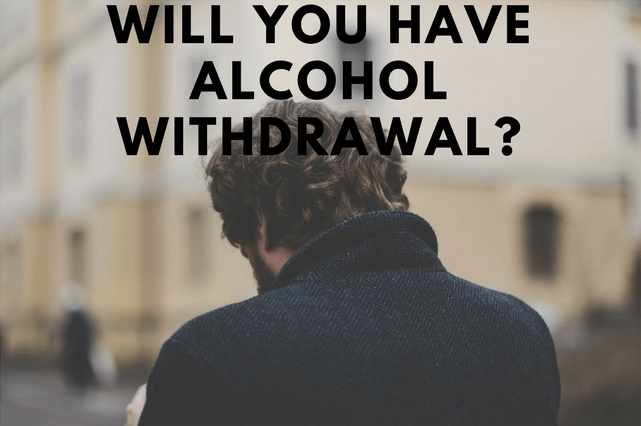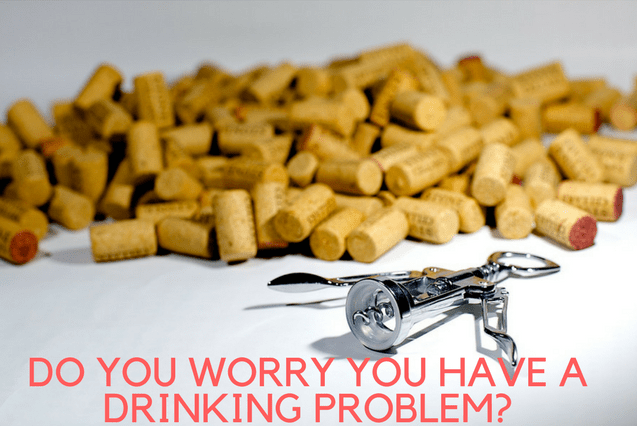Antabuse (Disulfiram is the generic name) is a medication given to people who are struggling with alcohol addiction and need medication to support their efforts to abstain. Breaking the cycle of addiction is extremely difficult and sometimes a person needs to medically remove alcohol as an option in order to begin to recover. Disulfiram Antabuse treatment is not a cure for addiction. It discourages drinking due to the extremely unpleasant consequences (the disulfiram reaction) that happen when Antabuse and alcohol are combined. How does Antabuse work? In order to understand this, we need to take a look at how alcohol is metabolized. Antabuse interferes with this pathway and this is why you get sick if you drink alcohol while taking Antabuse.
Tag: Addiction Treatment
7 Alternatives to AA in Recovery from Addiction
Alcoholics Anonymous (AA) has helped countless people in their recovery from addiction but one size does not fit all with healing. The messages of AA don’t resonate with everyone and it’s important to know alternatives to AA exist. Healing and recovery are lost on some that become distracted by what they interpret as religious aspects of AA. This post is about the other options for a self-help addiction recovery program.
The more alternatives to choose from, the greater the chance that people will find a program they identify with. Recovery will still be hard but may be easier to start when it’s the right fit.
Naloxone: The antidote for opiate overdose
We can do more to stop the surge of deaths from opiate overdose. Naloxone is an opiate overdose treatment. It is an antidote that can be used to reverse an opiate overdose (like a heroin overdose). Did you know that over 33,000 people in the United States died from opiate overdoses in 2015? In Connecticut alone there were 723 opiate overdoses in 2015, 444 of them were fatal. According to the CDC, drug overdoses are the leading cause of death of Americans under 50 years old.
Ambulances and hospitals have been treating overdoses with Naloxone for decades. Given the current opiate epidemic, steps have been taken to make Naloxone more accessible to the general public. Naloxone can save the life of a person who is overdosing on an opiate.
Alcohol Dependence and Withdrawal: Are You at Risk?
Are you at risk for alcohol withdrawal?
First and foremost if you think you need help to stop drinking alcohol let your doctor know! Withdrawal can be deadly and you want to make sure to detox correctly. Your physician can help you determine your risks and recommend whether inpatient or outpatient treatment is necessary. An individualized treatment plan combined with the right support can increase your chance to successfully and safely stop drinking. The information in this post is not to be used in place of your doctor’s opinion and advice so go get yourself help!
Alcohol Use Disorder: Do you have a drinking problem?
Do I have a drinking problem? It is not uncommon for people who drink alcohol to wonder if their drinking is normal or problematic (or somewhere in between). Some people have alcohol addiction that runs in their families so they know they are at risk for addiction. They want to monitor their drinking closely to make sure they don’t have a drinking problem. Others are confronted by loved ones who think they may have alcohol abuse and the person isn’t sure they agree. Do you want to see if you meet criteria for the diagnosis of Alcohol Use Disorder? Read here to find out.


